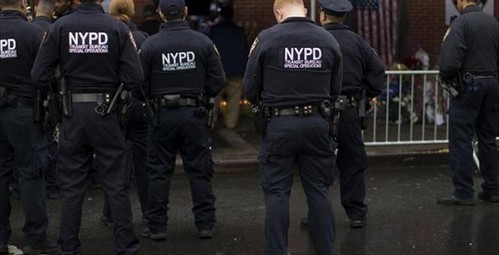IT’S REMARKABLE what five centuries can do for a guy’s reputation.
When Richard III, the last Plantaganet king of England, was killed at the Battle of Bosworth Field in 1485, his corpse was stripped and hauled in disgrace through the streets of Leicester, “all besprinkled with mire and blood … a miserable spectacle,” as Holinshed’s Chronicle recounted.
Then it was stuffed into a crude grave, naked and coffinless, while “few lamented and many rejoiced.”
This week, the medieval king, whose bones were found under a parking lot in 2012, will be reburied in Leicester Cathedral with full reverence and honor. For generations Richard was vilified as a cold-blooded usurper who had his young nephews, rivals to the throne, murdered in the Tower of London — a reputation cemented by Shakespeare’s venomous depiction of the king as “that bottled spider, that foul bunchback’d toad.” But the remains of the long-lost monarch, whose death marked the end of the Wars of the Roses, have been welcomed back with extraordinary dignity and emotion, befitting a ruler now extolled by many as an enlightened reformer who reigned with courage and integrity.
It may have taken 530 years, but history’s verdict on Richard III turned out to be very different from the malignant reputation ascribed to him by the Tudor loyalists of his era. There is a lesson in that, and not only for medievalists.
It is a mistake to imagine that the judgments of history are inevitable and predictable, or to assume that today’s adamant consensus will win tomorrow’s approval. “History has an abiding capacity to outwit our certitudes,” ruefully conceded the historian Arthur Schlesinger Jr., after the collapse of the Soviet Union — a Cold War denouement that academic elites had dismissed as a pipe dream. Time and again, those certitudes fall by the wayside. Yet the appetite for making such pronouncements with categorical certainty never seems to go out of fashion.
In the closing passage of his 2010 memoir, Decision Points, former President George W. Bush writes that he believes that some of the choices he made were right and that others were wrong. But, he admits, “it’s too early to say how most of my decisions will turn out.” Bush points to President Gerald Ford’s pardon of Richard Nixon — “once regarded as one of the worst mistakes in presidential history, [but] now viewed as a selfless act of leadership.” The realization that scholars are still debating George Washington’s presidency,
Avidly read history, and you’re constantly being amazed at how frequently informed opinion turns out to be dead wrong. At the start of the Civil War, notes David Herbert Donald in his best-selling biography of Abraham Lincoln, the smart money said it would be over and done with in a matter of weeks. Secretary of State William Seward thought the rebellion could be suppressed in 90 days; the New York Times predicted victory within a month. It consumed four years, and 750,000 American lives.
On a rug in the Oval Office is woven a quote favored by President Obama: “The arc of the moral universe is long, but it bends towards justice.” Only it isn’t always clear which way the arc is bending, or what history will make of it all. When Whittaker Chambers broke with the Communist Party and became one of its most implacable foes, he assumed that he was moving from the winning side to the losing side, but thought he owed it to his children to at least make the effort.
In politics and economics, in statecraft and social activism, it is never a foregone conclusion that history will endorse our choices. That isn’t an argument against doing the right thing, as best we can judge the right. It is a caution against forgetting that the future has a way of embarrassing the present, and that a pinch of self-doubt is never more needful than at just the moment when any doubt is deemed heretical. To err is human, to be human is to err. Don’t be too sure that history, or the moral arc of the universe, will approve of your preferences and convictions. Richard III lost his throne and his life and his reputation. But history’s verdict wasn’t final, and the Tudors didn’t get the last word. We won’t either.

